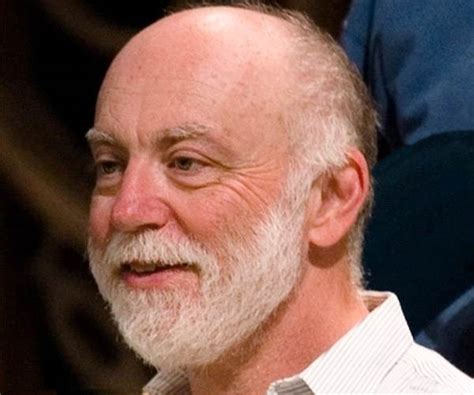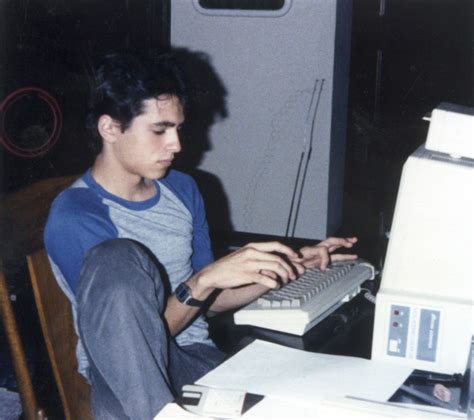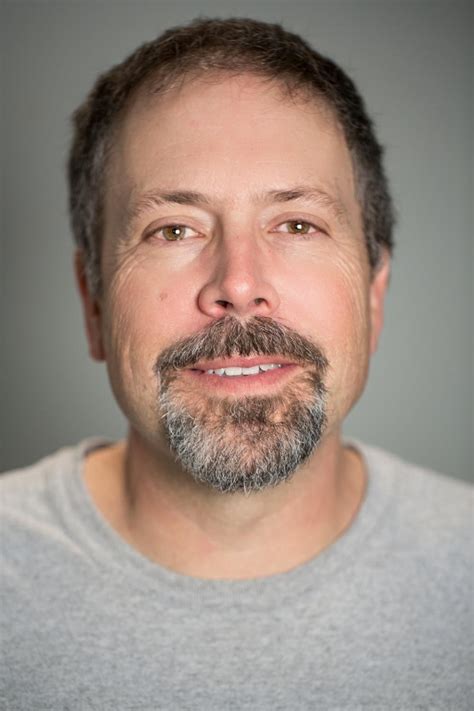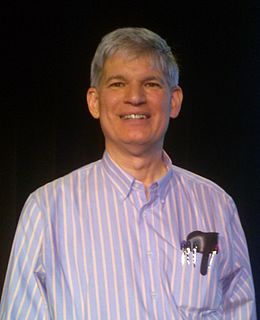A Quote by L Peter Deutsch
Lisp ... made me aware that software could be close to executable mathematics.
Related Quotes
I'm not of the opinion that all software will be open source software. There is certain software that fits a niche that is only useful to a particular company or person: for example, the software immediately behind a web site's user interface. But the vast majority of software is actually pretty generic.
I could have grabbed his shirt collar. I could have pulled him close to me, so close he could feel my breath on his skin, and I could have said to him, "This is just a crisis. A flash! A single match struck against the implacable darkness of time! You are the one who taught me to never give up. You taught me that new possibilities emerge for those who are prepared, for those who are ready. You have to believe!
I named my software 'EMAIL,' (a term never used before in the English language), and I even received the first U.S. Copyright for that software, officially recognizing me as The Inventor of Email, at a time when Copyright was the only way to recognize software inventions, since the U.S. Supreme Court was not recognizing software patents.































